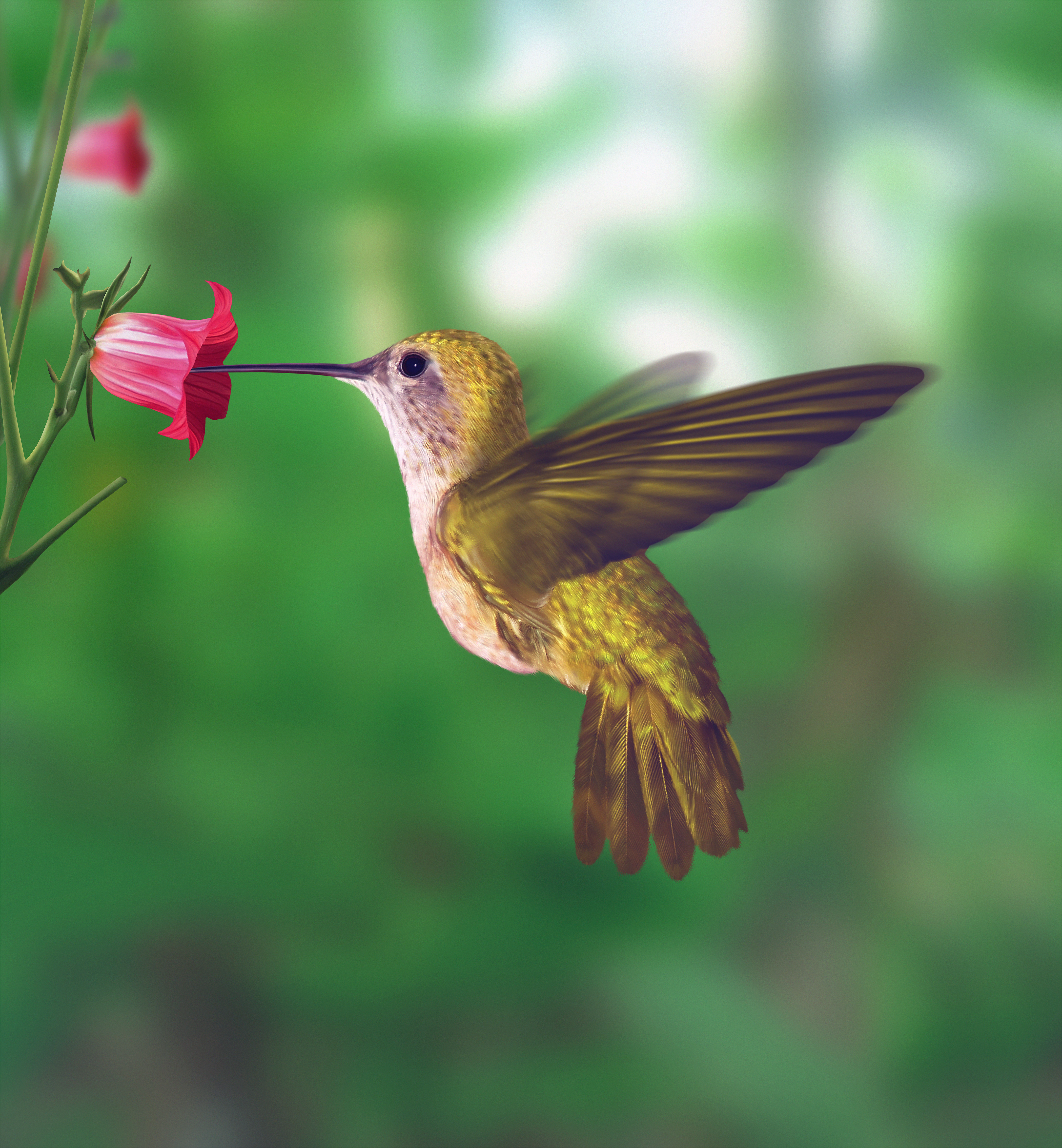Self Doubt - A necessary evil
- Shalini Rao

- Aug 2, 2021
- 4 min read
Updated: Aug 6, 2021
Having seen the evil side of self-doubt, we need to also understand the benefits of this voice, if any. Self-doubt is a starting point of a process by which one can see opportunities for failure ahead of time, but also the possibilities for confronting and defeating them. So, it is not an entirely unhealthy emotion. Braslow described that a healthy dose of self-doubt is a “wise medicine” . This emotion does not have to be debilitating for individuals; rather, it facilitates humility and fosters questions regarding one’s performance. This emotion can be an influential agent to drive motivation to refine skills and increase competence. Additionally, when one experiences self-doubt, it can also elicit the identification of those in one’s personal network who are able to provide unconditional support and believe in one’s talents, even during times when one is unable to believe in oneself. This helps one bond with other humans in a community.
Robert Browning says “ Prize the doubt; low kinds live without”.
Self-doubt can help us create our best work. People who have little self-doubt run the risk of not putting their “all” into a project. When we take time to question ourselves, we trade a faster result for a more thoughtful, long-term result. We get a result that takes into consideration both the immediate consequences and the effects down the road. We become cautious and careful. It produces a greater awareness about what we are doing and the skills we can apply to get the job done. A little self-doubt is a necessary part of personal growth and achievement. Without it, we would make all sorts of unforced errors in the pursuit of our goals. We would parade around supremely confident, but lacking humility and the personal growth that comes from self-awareness. The choice we have, however, is to approach the barrier of self-doubt as an opportunity for learning, reflection and improvement, and not as a dream-killer.
The important thing to note is that self-doubt lies either in the past as memories or in the future as imaginary projections. It cannot exist in the present moment. And action lies in the now, where there is neither self-doubt nor self-grandiosity, both of which are thoughts of the past or future. Even if we fail, action is motivating and encourages us to try again which—of course—increases our odds of success and gets our thoughts headed the right direction, too.
In the ancient Hindu text Bhagavad Gita, Arjuna faces self-doubt upon seeing in the opponent army , his own family members on the battle-field and drops his bow and arrow in panic. The reason for his self-doubt is said to be due to his intense attachment to his family members that clouds his judgement regarding the war . He loses his sight on the entire purpose of this righteous war and the premise on which it was being fought. This self-doubt led to anxiety and panic-attack in Arjuna. But at the same time, this self-doubt is the very reason he surrendered to Lord Krishna and became open to learning about his duty or next step of right action.
One of the most helpful advice Lord Krishna gives Arjuna is called Karma Yoga, which is actually a mindset with which we approach life. According to Karma Yoga, we have the right to act in life, but the results of those actions are never up to us. Which, if we think about it, is true. 100% of the time. So the Karma Yoga attitude which is the greatest antidote to stress is simply to do our very best and let go of the results. Once we have shot an arrow, we have done our part. It’s no longer up to us whether it hits the intended target. Sure, we have almost certainly done our best to aim it in the right direction. But it’s now under the control of laws and dynamics out with our influence. All we can do is relax, take it easy and endeavor to take whatever happens with good grace.
This doesn’t mean that self-doubt and other self-limiting thoughts vanish forever. But it does mean that, when they come up, we can put them into perspective and simply move forward. Shakespeare’s Hamlet is a perfect example of someone who is stuck in his state of self-doubt and is unable to take any action. His indecision costs him his life as he was already poisoned by the time he decided to act.
By taking action in spite of that inner self-doubt, we learn and grow and improve our skills. Sure, we make mistakes (tons of them!) , but mistakes are an essential part of the learning curve. We must never be afraid to make mistakes! When we no longer give fear or doubt power over us, we give ourselves the greatest gift of all. Freedom! Freedom is the ultimate goal of all creative–and all human– endeavor! So let us dance with our doubts and still allow ourselves to be free.











Komentáře